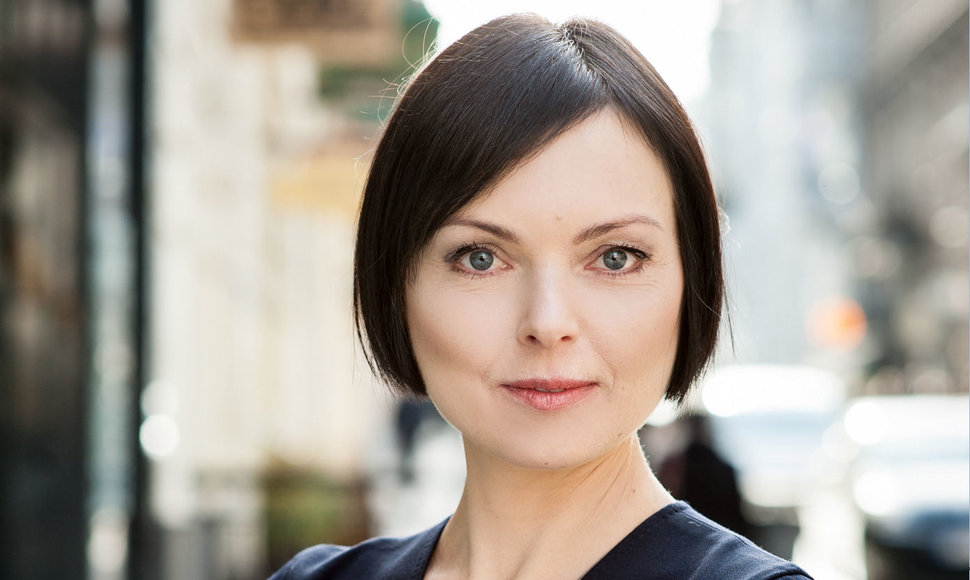What does "New York State on PAUSE" mean, and how does it work in real life?
"New York State on PAUSE" is a directive issued by New York State Governor Andrew Cuomo that institutes a 10-point policy to assure uniform safety for everyone.
The 10 points are as follows:
- Effective at 8 p.m. on Sunday, March 22nd, all non-essential businesses statewide will be closed.
- Non-essential gatherings of individuals of any size for any reason (e.g. parties, celebrations or other social events) are canceled or postponed at this time.
- Any concentration of individuals outside their home must be limited to workers providing essential services and social distancing should be practised.
- When in public individuals must practice social distancing of at least six feet from others.
- Businesses and entities that provide other essential services must implement rules that help facilitate social distancing of at least six feet.
- Individuals should limit outdoor recreational activities to non-contact and avoid activities where they come in close contact with other people.
- Individuals should limit the use of public transportation too when absolutely necessary and should limit potential exposure by spacing out at least six feet from other riders.
- Sick individuals should not leave their home unless to receive medical care and only after a telehealth visit to determine if leaving home is in the best interest of their health.
- Young people should also practice social distancing and avoid contact with vulnerable populations; and
- Use precautionary sanitizer practices such as using isopropyl alcohol wipes.
What is an "Essential" and "Non-Essential" Business?
In general, all businesses, including not-for-profit entities, that are not identified as essential must direct their staff to remain at home. According to the order, New York essential businesses are any businesses providing products or services that are required to maintain the health, welfare and safety of the citizens of New York State. This includes grocery stores and food production, pharmacies, health care, utilities, shipping, banking other governmental services, law enforcement and emergency personnel. The State has carved out 12 categories of essential business that can continue to operate on-site. The comprehensive list of essential business can be found here.
If a company believes that its business is "essential" (in that it is an entity providing essential services or functions) but is not within the categories listed in the executive order, it may request designation as an essential business from the Empire State Development (ESD) by submitting a one-page application.
Notwithstanding that a business is determined to be an essential business, not all employees are permitted to work at the business location. Only those who need to provide the products and services that are essential to provide may work at the business location. Furthermore, the essential business is still required to employ social distancing practices and be thoughtful in visits, as well to utilize telecommuting or work-from-home procedures to the maximum extent possible.
Can New Yorkers go outside?
The PAUSE order has significantly restricted New Yorkers' daily lives, including outdoor activities. All non-essential gatherings of individuals of any size for any reason are banned. Restaurants, bars and cafés are closed for seated dining but can continue to serve food for delivery and takeout.
Playgrounds are closed down, but open spaces such as parks in New York City remain available. New Yorkers may leave their houses to obtain essential services or items, including trips to the groceries. They may go for a walk and exercise outdoors but are required to maintain social distancing. "Social distancing" means keeping at least a 6-foot (approx. 2 meters) distance from others.
Furthermore, on Thursday, April 2nd, Mayor Bill de Blasio asked all New Yorkers to cover their faces when they go outside and when they will be near other people, even if they are healthy. "It's a simple way to reduce the community spread.", de Blasio said. The face coverings need not be professional. They can be bandanas, scarfs or "home-made" - anything that might stop droplets from hanging in the air. It is not recommended to wear surgical masks or N-95 respirators. Those are critical supplies that must continue to be reserved for healthcare workers and other medical first-responders.
Penalties for Noncompliance
Entities or individuals who ignore the executive order and continue in-office work will be subject to mandatory closure and a civil fine of up to $2,000 (or up to $5,000 for repeat violations and up to $10,000 for violations that result in serious physical harm).
Also, on Monday, April 6th Governor Andrew Cuomo increases the maximum fine for violations of the State's social distancing protocol to $1,000 from $500.
How long be New York State on PAUSE?
New York State on PAUSE functions remain in full force and will be in effect through April 29th. The State non-essential workforce is also directed to continue to work from home until then. The State will re-evaluate after this period.
Inga Klimašauskienė, Associate Partner of law firm GLIMSTEDT, Licensed Legal Consultant in the State of New York












